Psyllium husk powder, derived from the seeds of the Plantago ovata plant, has emerged as a dietary superstar in recent years. Revered for its exceptional fiber content and versatile health applications, this natural supplement has captured the attention of health enthusiasts, nutritionists, and medical professionals alike. But what exactly makes psyllium husk powder so beneficial? This article delves into the science-backed advantages of incorporating this humble ingredient into your daily routine, exploring its impact on digestion, weight management, heart health, and beyond.
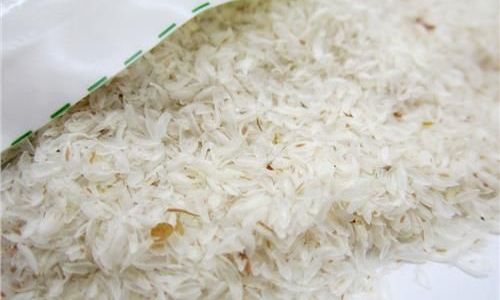
Digestive Health: The Foundation of Well-Being
At the heart of psyllium husk powder’s reputation lies its unparalleled ability to support digestive health. Composed primarily of soluble fiber, this powder acts as a prebiotic, nourishing beneficial gut bacteria while promoting regularity. Unlike harsh laxatives, psyllium husk works gently by absorbing water in the intestines, forming a gel-like substance that adds bulk to stool and eases its passage.
For Constipation Relief:
Chronic constipation affects millions worldwide, often resulting from poor diet, dehydration, or sedentary lifestyles. Psyllium husk’s mucilaginous properties soften stool and stimulate peristalsis—the wave-like muscle contractions that move waste through the digestive tract. Studies indicate that regular consumption can increase stool frequency and improve consistency without the cramping associated with some stimulant laxatives.
Combating Diarrhea:
Paradoxically, psyllium husk also proves effective in managing diarrhea. By absorbing excess fluid in the gut, it firms loose stools and reduces the urgency associated with bowel movements. This dual functionality makes it a balanced solution for both ends of the digestive spectrum.
Irritable Bowel Syndrome (IBS) Management:
IBS sufferers often struggle with fluctuating symptoms, including abdominal pain, bloating, and irregular bowel habits. Psyllium husk’s ability to stabilize stool consistency and reduce intestinal inflammation has shown promise in alleviating IBS discomfort. Its gradual onset of action minimizes the risk of sudden, uncontrollable episodes.
Weight Management: A Satiating Ally
In an era where obesity rates soar, psyllium husk powder offers a natural, low-calorie aid for weight control. Its high fiber content induces feelings of fullness, curbing overeating and unnecessary snacking.
Satiety and Appetite Suppression:
When mixed with liquids, psyllium husk expands in the stomach, creating a viscous mass that signals to the brain that hunger is satiated. This mechanism helps reduce daily caloric intake without the discomfort of restrictive dieting.
Blood Sugar Stabilization:
Rapid spikes and crashes in blood glucose levels can trigger cravings and fatigue. Psyllium husk slows carbohydrate absorption, preventing erratic blood sugar fluctuations. This stability is particularly beneficial for individuals with insulin resistance or type 2 diabetes.
Supporting Metabolic Health:
By promoting a healthy gut microbiome, psyllium husk may indirectly influence metabolism. A balanced gut flora enhances nutrient absorption and reduces systemic inflammation, both critical factors in maintaining a healthy weight.
Heart Health: Lowering Cholesterol Naturally
Cardiovascular disease remains the leading cause of death globally, making cholesterol management a public health priority. Psyllium husk powder offers a drug-free approach to reducing LDL (“bad”) cholesterol levels.
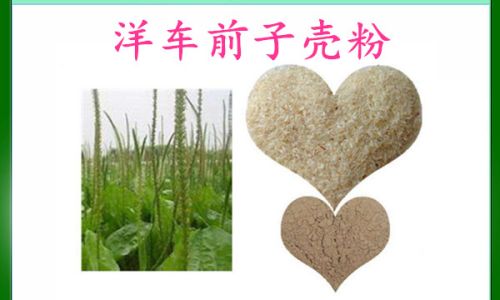
Cholesterol-Binding Properties:
Soluble fiber in psyllium husk binds to bile acids in the intestines, which are composed of cholesterol. This binding prevents bile reabsorption, prompting the liver to use circulating LDL cholesterol to produce new bile. Over time, this process lowers overall blood cholesterol levels.
Blood Pressure Regulation:
Some research suggests that psyllium husk’s anti-inflammatory effects may contribute to modest reductions in blood pressure. By improving endothelial function—the health of blood vessel linings—it supports cardiovascular resilience.
Synergy with Statins:
For individuals on cholesterol-lowering medications, psyllium husk can amplify therapeutic effects. Studies indicate that combining statins with psyllium supplementation yields greater LDL reductions than either intervention alone.
Blood Sugar Control: A Diabetic’s Friend
Managing blood glucose is non-negotiable for diabetics, and psyllium husk powder emerges as a potent tool in this endeavor. Its soluble fiber forms a gel in the stomach, slowing the digestion and absorption of sugars.
Postprandial Glycemic Control:
After meals, blood sugar spikes can strain pancreatic function. Psyllium husk mitigates these spikes by delaying gastric emptying, ensuring a gradual release of glucose into the bloodstream.
Enhancing Insulin Sensitivity:
Chronic inflammation and oxidative stress impair insulin efficiency. Psyllium husk’s antioxidant properties combat these factors, potentially improving the body’s response to insulin over time.
Preventing Hypoglycemia:
In type 1 diabetics or those on insulin therapy, psyllium husk’s glucose-moderating effects can prevent dangerous drops in blood sugar by stabilizing absorption rates.
Prebiotic Power: Nourishing the Gut Microbiome
The gut microbiome, a complex ecosystem of trillions of bacteria, influences everything from immunity to mental health. Psyllium husk acts as a prebiotic—fermentable fiber that feeds beneficial gut bacteria like Bifidobacteria and Lactobacilli.
Short-Chain Fatty Acid (SCFA) Production:
As gut bacteria metabolize psyllium husk, they produce SCFAs like butyrate, acetate, and propionate. These compounds strengthen the intestinal barrier, reduce inflammation, and may even protect against colorectal cancer.
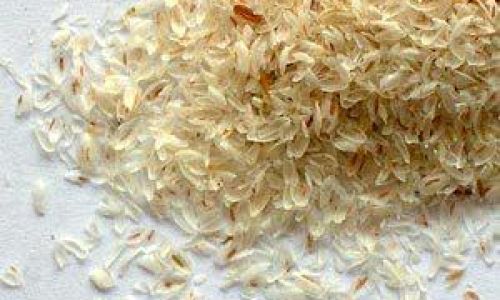
Combating Dysbiosis:
Modern diets low in fiber contribute to microbial imbalance (dysbiosis). Regular psyllium husk intake restores diversity, crowding out pathogenic bacteria and supporting immune function.
Mental Health Links:
The gut-brain axis is a bidirectional communication network. By fostering a healthy gut environment, psyllium husk may indirectly alleviate symptoms of anxiety and depression, though further research is needed.
Detoxification and Colon Health
In an age of environmental toxins and processed foods, detoxification is paramount. Psyllium husk powder aids the body’s natural cleansing processes through two primary mechanisms.
Toxin Binding:
The mucilaginous fibers in psyllium husk bind to heavy metals, pesticides, and other toxins in the gut, preventing their absorption and facilitating excretion.
Colon Cleansing:
Over time, waste can accumulate in the colon, increasing the risk of polyps and diverticulitis. Psyllium husk’s bulk-forming action ensures thorough elimination, reducing stagnation and promoting colon health.
Hemorrhoid Prevention:
Straining during bowel movements is a leading cause of hemorrhoids. Psyllium husk softens stool, minimizing the need for forceful expulsion and alleviating pressure on rectal veins.
Culinary Versatility: Beyond the Supplement Aisle
Psyllium husk powder’s neutral flavor and gelling properties make it a culinary chameleon. From baking to thickening soups, its applications are endless.
Gluten-Free Baking:
In recipes for bread, muffins, or pizza dough, psyllium husk acts as a binder, mimicking gluten’s elasticity. This makes it a godsend for celiac patients and gluten-sensitive individuals.
Low-Carb Substitute:
For those on ketogenic or low-carb diets, psyllium husk can replace high-carb thickeners like flour or cornstarch in gravies and sauces.
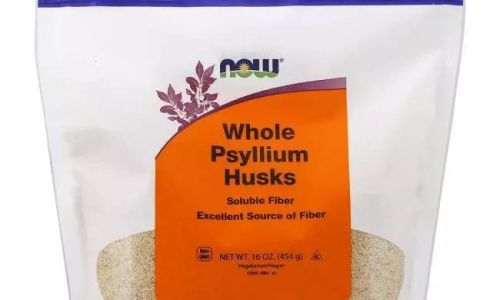
Smoothie Enhancer:
Adding a teaspoon to morning smoothies boosts fiber intake without altering taste, ensuring a nutrient-dense start to the day.
Skin Health: The Overlooked Benefit
While primarily celebrated for internal benefits, psyllium husk may also contribute to radiant skin. By promoting detoxification and reducing systemic inflammation, it indirectly combats acne and eczema.
Hormonal Balance:
Chronic constipation can recirculate toxins and hormones like estrogen, exacerbating hormonal acne. Psyllium husk’s detoxifying effect helps maintain hormonal equilibrium.
Antioxidant Activity:
Psyllium husk contains polyphenols that combat oxidative stress, a key driver of premature aging and skin damage.
Practical Considerations and Dosage
To maximize benefits without adverse effects, proper dosage and hydration are crucial.
Recommended Intake:
Start with 5 grams (1 teaspoon) daily, gradually increasing to 10–15 grams. Exceeding 30 grams daily may cause bloating or gastrointestinal distress.
Hydration is Key:
Psyllium husk absorbs up to 50 times its weight in water. Always consume it with at least 8 ounces of liquid to prevent choking or intestinal blockage.
Timing:
For constipation, take it before bedtime. For appetite control, consume 30 minutes before meals.
Precautions and Potential Side Effects
While generally safe, psyllium husk may interact with certain medications or exacerbate conditions.
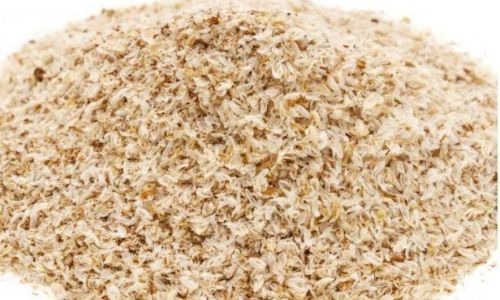
Medication Interactions:
It can delay the absorption of oral drugs like lithium or digoxin. Take medications at least two hours apart from psyllium.
Allergies:
Rarely, individuals may experience allergic reactions, including itching or swelling. Discontinue use if symptoms arise.
Gastrointestinal Sensitivity:
Those with Crohn’s disease or esophageal strictures should consult a physician before use.
Conclusion: A Humble Powerhouse
Psyllium husk powder is more than a trendy supplement—it’s a testament to nature’s ability to heal. From digestive harmony to cardiovascular support, its benefits are backed by centuries of traditional use and modern science. Whether stirred into a morning smoothie or blended into gluten-free bread, this golden powder offers a simple yet profound pathway to holistic wellness. As with any dietary change, consult a healthcare provider to tailor its use to your unique needs. Embrace the power of psyllium husk, and unlock a healthier, more vibrant you.

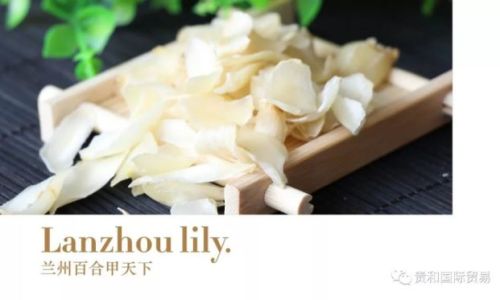


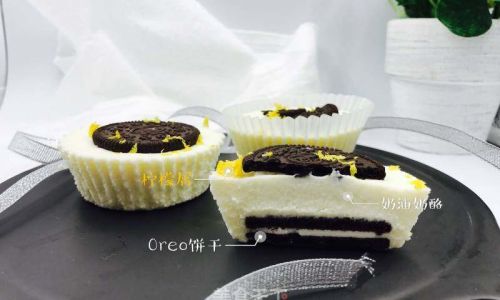
0 comments